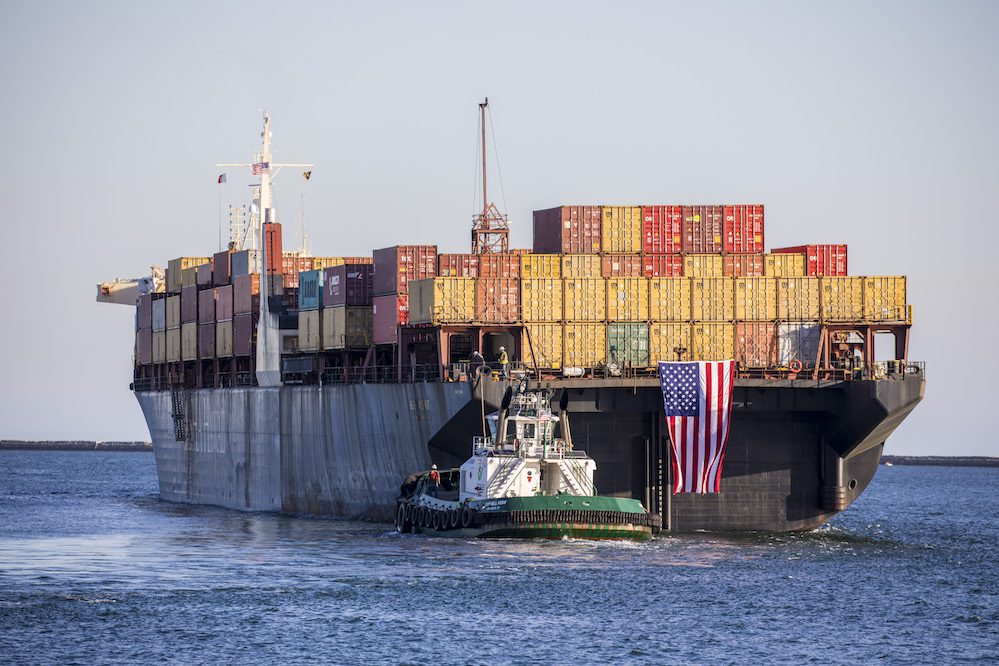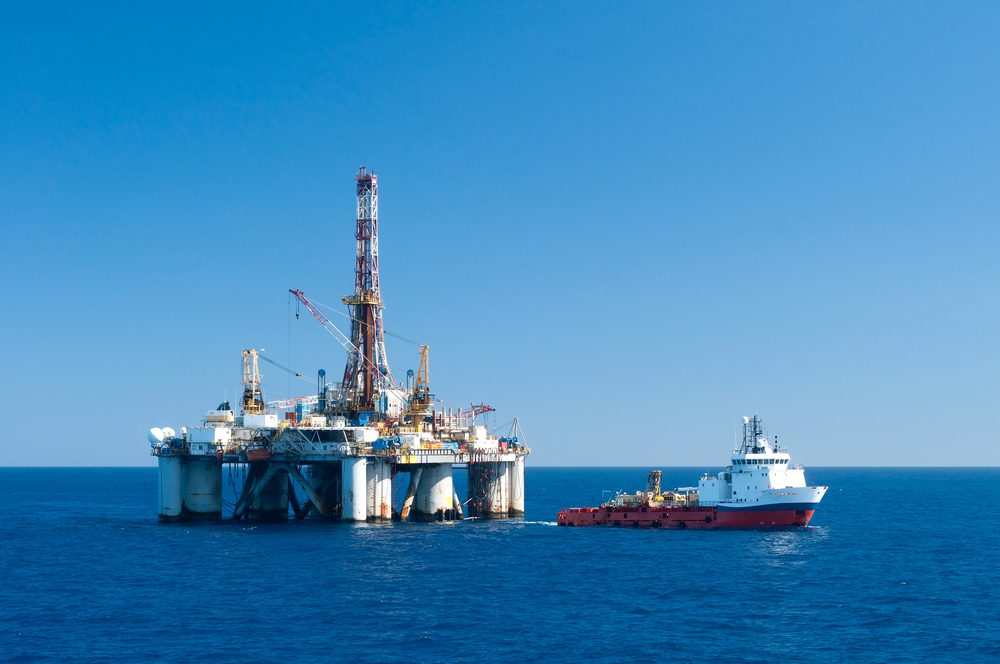 (Bloomberg) — China Cosco Holdings Co., the nation’s biggest shipping company, may raise as much as 27 billion yuan ($4.3 billion) selling assets to its parent, said two people familiar with the matter.
(Bloomberg) — China Cosco Holdings Co., the nation’s biggest shipping company, may raise as much as 27 billion yuan ($4.3 billion) selling assets to its parent, said two people familiar with the matter.
China Cosco said this week that it plans to sell Cosco Logistics (Group) Co. to state-backed parent company China Ocean Shipping (Group) Co. The unit may be valued at about 7 billion yuan, the people said, asking not to be identified because the information is private. The company also is considering selling other assets to China Ocean to raise as much as an additional 20 billion yuan, the people said. The final amount China Cosco will seek hasn’t been decided and the plan may change, they said.
Shares in China Cosco fell after the logistics sale was announced, on concern that divesting the profitable unit would undermine earnings over the longer term. Tianjin-based China Cosco faces possible restrictions on its Shanghai-traded shares after warning of a “significant” loss for 2012, amid falling freight rates and rising fuel costs. Gains from asset sales may help China Cosco avoid a third straight annual loss.
“It’s not a good time to sell shipping assets because the value of such assets are difficult to determine right now given the industry environment,” said Davin Chunpong Wu, a transportation analyst at Credit Suisse Group AG in Hong Kong. “China Cosco’s objective is obviously to return to profit this year.”
Four calls to the media office of China Ocean, which owns 52 percent of China Cosco, went unanswered today. China Cosco didn’t immediately reply to e-mailed questions.
Reaping Gains
Led by Chairman Wei Jiafu, China Cosco plans to sell its logistics unit to the parent, it said in a March 11 stock exchange filing without disclosing details. The unit posted an operating profit of 388 million yuan in the first six months of 2012, compared with a 1.3 billion-yuan loss at its main container shipping division and a loss of 3.4 billion yuan from the dry-bulk fleet, according to a company statement.
The shipping company said it will use gains from the logistics unit sale to boost operating results in 2013 and reduce the risk of its stock being suspended from trading in Shanghai. Analysts at Citigroup Inc. yesterday estimated that the division may fetch 6.4 billion yuan to 9.1 billion yuan, resulting in a gain of as much as 4.6 billion yuan.
Cosco Pacific Ltd., the container terminal unit of China Cosco, slumped as much as 5.7 percent, the most since May 7, in Hong Kong trading today. It was down 4.9 percent to HK$11.64 as of 3:37 p.m.
Share Swoon
China Cosco’s main business units include container and dry-bulk shipping, logistics, terminal operations and container making business.
China Cosco could also sell assets including its stake in box maker China International Marine Containers Group Co., Citigroup said.
China Cosco last had an annual profit in 2010. According to Shanghai stock exchange rules, companies that post two straight annual losses can be subject to a “special treatment” designation that cuts the daily trading limit for gains or losses to 5 percent from 10 percent. A third consecutive annual loss may result in shares being delisted.
Shares in China Cosco fell 1.2 percent to HK$4.03 in Hong Kong, taking declines this week to 8 percent and valuing the company at HK$49.2 billion ($6.3 billion). The stock dropped 1.9 percent in Shanghai, where it is down about 94 percent since peaking in 2007.
The company’s cash and equivalents shrank to 40.8 billion yuan at the end of June, from 47 billion yuan six months earlier, according to data compiled by Bloomberg.
China Cosco, which has yet to report 2012 results, probably posted a loss of 7.1 billion yuan last year, based on the average of eight estimates compiled by Bloomberg. The shipper is contending with higher fuel costs and slumping freight rates because of worldwide overcapacity.
The company said yesterday it doesn’t believe now is a good time to sell the dry-bulk unit, citing a weak market.
– Zijing Wu and Jasmine Wang, Copyright 2013 Bloomberg.

 Join The Club
Join The Club











